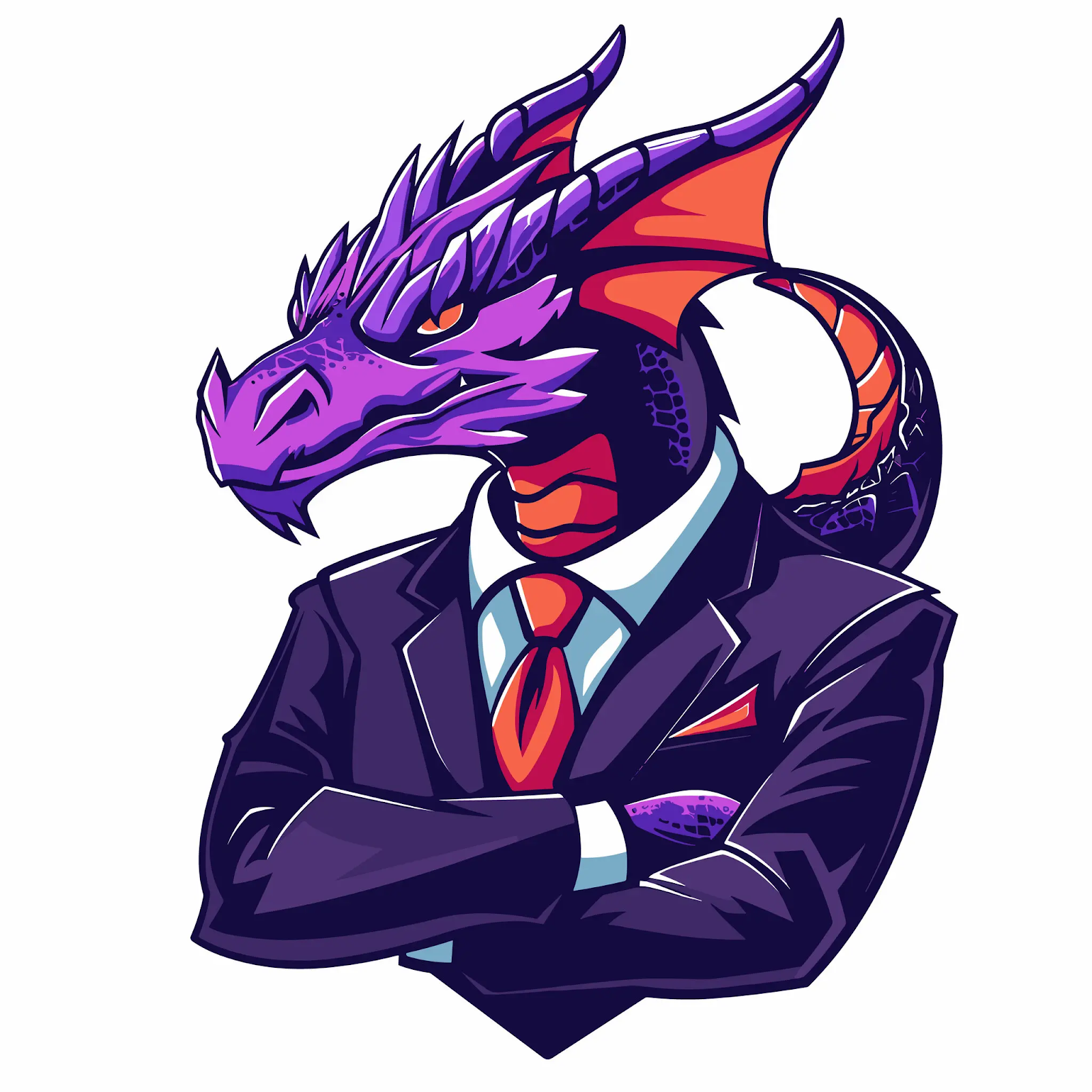Delligatti And The Cost of Doing Nothing: Why Failing to Act Means Using Physical Force Under 18
U.S.C. § 924(c), by Sydney Stark
First, thank you to David Oscar Markus and John R. Byrne for
allowing me to submit this guest post. This post will cover the Supreme Court’s
recent opinion in United States v. Delligatti, which was the subject of
the 2025 Gibbons National Criminal Procedure Moot Court Competition, where my
partner, Itiel Wainer, and I represented the University of Miami School of Law.
I would also like to thank our devoted coaches, Adam Stolz and Luis Reyes, for
their guidance and support throughout the competition and beyond.
Sometimes the most violent crimes arise from refusing to
act at all. The Supreme Court’s recent decision in United States v. Delligatti held as much, concluding
those crimes that can be committed by omission qualify as “crimes of violence”
under 18 U.S.C. § 924(c). In other words, doing nothing is still using
physical force under certain circumstances as far as § 924(c) is
concerned.
Delligatti is the Court’s latest decision in a saga of cases
interpreting § 924(c), which imposes a mandatory sentence to be consecutively
served by an individual found to use or carry a firearm during or in relation
to a crime of violence (or drug-trafficking offense). Per the statute, an
offense qualifies as a “crime of violence” if it “has as an element the use,
attempted use, or threatened use of physical force against the person or
property of another.” § 924(c)(3)(A). The next layer, whether a given crime
carries such an element, has been the bane of many jurists in recent years.
That’s in large part due to the controversial “categorical approach”
federal courts are constrained to apply to determine whether an offense qualifies
as a crime of violence. Under that framework, courts must focus solely on
whether the statutory elements of the crime entail the use, attempted use, or
threatened use of physical force rather than whether the defendant’s actual
conduct involved such physical force. If an offense can conceivably be
committed in a hypothetical scenario without the “use, attempted use, or
threatened use of physical force,” it does not qualify as a crime of
violence subject to § 924(c). The issue presented in Delligatti
was whether a crime that requires proof of bodily injury or death, but can be committed
by failing to take action, has as an element the use, attempted use, or
threatened use of physical force.
The facts in Delligatti are reminiscent of a classic
mobster movie. But all we need for this blog post is the following storyline: Salvatore
Delligatti, an associate of the notorious Genovese crime family, was convicted in
federal court of attempted murder under the Violent Crimes in Aid of
Racketeering (VICAR) statute. By virtue of the VICAR statute, his conviction
rested on New York’s second-degree murder law, which is committed when one
intentionally causes the death of another person. N.Y. Penal Law Ann. §
125.25(1). Because New York permits criminal liability through either a
voluntary act or an omission, Delligatti argued that second-degree murder does
not necessarily (i.e., categorically) involve the “use of physical
force” and therefore falls outside § 924(c)’s definition of a crime of
violence. After all, how could doing nothing amount to the act of using
physical force? On the other hand, how could attempted murder not be
legally categorized as a crime of violence? The Court took up this logical
labyrinth and issued a decision last month on March 21, 2025.
The Supreme Court disagreed with Delligatti. In a 7-2
decision penned by Justice Thomas, the Court held that “the knowing or
intentional causation of injury or death, whether by act or omission,
necessarily involves the ‘use’ of ‘physical force’ against another person
within the meaning of § 924(c)(3)(A).” Relying on United States v. Castleman, 572 U.S. 157, the Court
reaffirmed that intentionally causing bodily injury always involves the use of
physical force, even when accomplished by omission. Because the predicate
offense (NY’s second-degree murder statute) requires an intent to cause death,
the Court concluded it necessarily has “as an element the use, attempted use,
or threatened use of physical force against the person or property of
another.”
Clarifying the scope of a crime of violence, the opinion
explained how an omission can nevertheless qualify as using physical force. A
defendant who has a legal duty to act but deliberately fails to do so with the
intent to cause bodily injury or death still “uses” “physical force” “against
the person or property of another” under the law. First, “physical force”
encompasses any force that causes injury or death, whether applied directly or
indirectly. Second, a person “uses” physical force when they deliberately make
the force their “instrument” to cause harm. Finally, “against the person or
property of another” requires only that another person be the “conscious
object” of the force.
To illustrate, the Court provided a chilling, extreme
example: “a mother who purposefully kills her child by declining to intervene
when the child finds bleach and starts drinking it makes ‘use’ of the bleach’s
poisonous properties to accomplish her unlawful end.” In other words, inaction
can be just as deliberate and violent as an affirmative act.
Not all justices were on board. The dissent, written by
Justice Gorsuch and joined by Justice Jackson, accused the majority of
stretching the ordinary meaning of “use of force.” It painted a stark picture:
if a lifeguard intentionally lets a swimmer drown, the inaction may be morally
reprehensible and even criminal—but has lifeguard has actually “used” physical
force? The dissent said no.
The Court’s ruling in Delligatti reinforces that a
“crime of violence” under federal law is not limited to overt acts—deliberate inaction
with intent to harm qualifies as well. Whether through an affirmative act or
omission, those who intend to cause bodily injury or death fall within the
statute’s reach.




